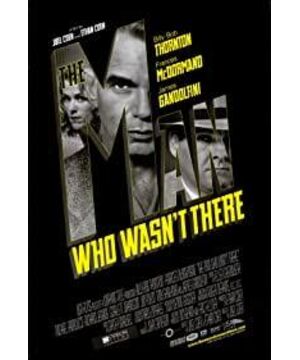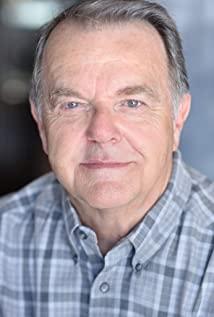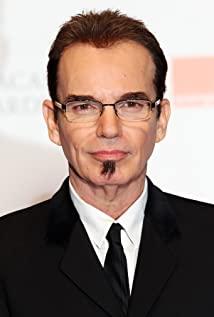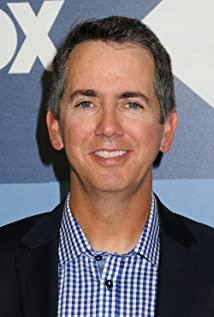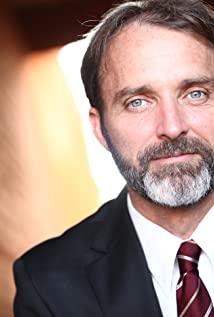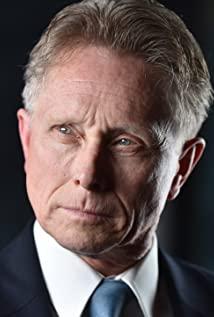There is such a wall of suffocation. On this side of the wall is your own world, your flesh and blood, where your breath reaches. On the other side of the wall is the outside world, a sea of people, everything that can be felt but cannot be changed.
This Ed's tragedy, or what we think of it, comes from this wall of suffocation. In Ed's own world, two main things happened. One is to exchange his green hat for a hush money for the adulterer; the other is to kill the adulterer in self-defense before being strangled to death by the adulterer. From a personal standpoint, neither of these things counts as a great sin.
And how does the world on the other side of the suffocating wall view Eddard? He seeks money and kills for the sake of money, it's that simple and clear, and it's just so arbitrary.
I can't blame the outsiders for not seeing the truth. They can't see clearly. They don't have the God's perspective of the movie audience. Everything makes sense. Who told you Ed to be so taciturn and not defend yourself.
Where you can't breathe, nature and you think differently. In the sea of individuals and people, there is naturally an insurmountable wall. Even if there are no cases of wrongful death like Eddie in this world, there will be all kinds of trivial things in life, such as being discriminated against for being single, buying fake goods and suffering a loss, and working overtime without wages. No wonder aliens are mentioned in the movie. Maybe there is no spiritual barrier between aliens, and aliens are not born alone.
The two Cohen directors clearly know what they want to express, which is very important, at least I understand it. Ed has always maintained a detached relationship with the world, which is a wonderful manifestation. No one is really sad in the film, only the audience is sad.
Finally, I am very happy to see the appearance of the widow sister. Her role is fine, but she broke her collarbone, which makes me feel at ease.
View more about The Man Who Wasn't There reviews


